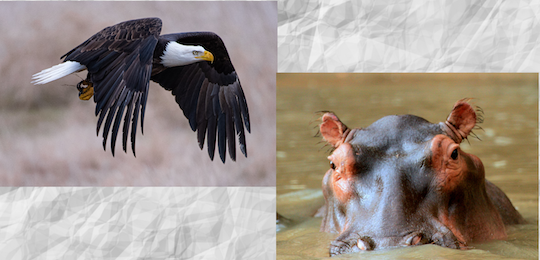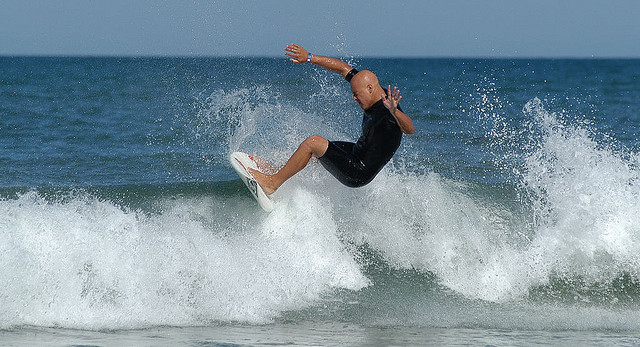When we release our grip on the past it’s easier to hold the gifts of the present.
—Calm App Reflection
How often do your thoughts about the past hijack you from the “here and now moments” of your life?
If this occurs more often than you would like, consider this list of strategies to pull you back to the gifts of the present:
- Cultivate a supportive social network to provide encouragement and understanding.
- Engage in regular physical activity to reduce stress and improve your mood.
- Create physical or psychological distance from people or situations that trigger upset feelings about the past.
- Expressing emotions through journaling helps to process and release past painful or difficult feelings.
- Practicing mindfulness techniques such as meditation can interrupt cycles of repetitive thought and help us see certain life events more objectively.
Seeking professional help through therapy to address unresolved emotions and trauma can be used with any of these strategies to offer additional guidance and help move us forward.
EXERCISE:
Where do past events still have you in their grip?
What strategies from today’s post offer the best approach for you to step boldly into the gifts of the present?










